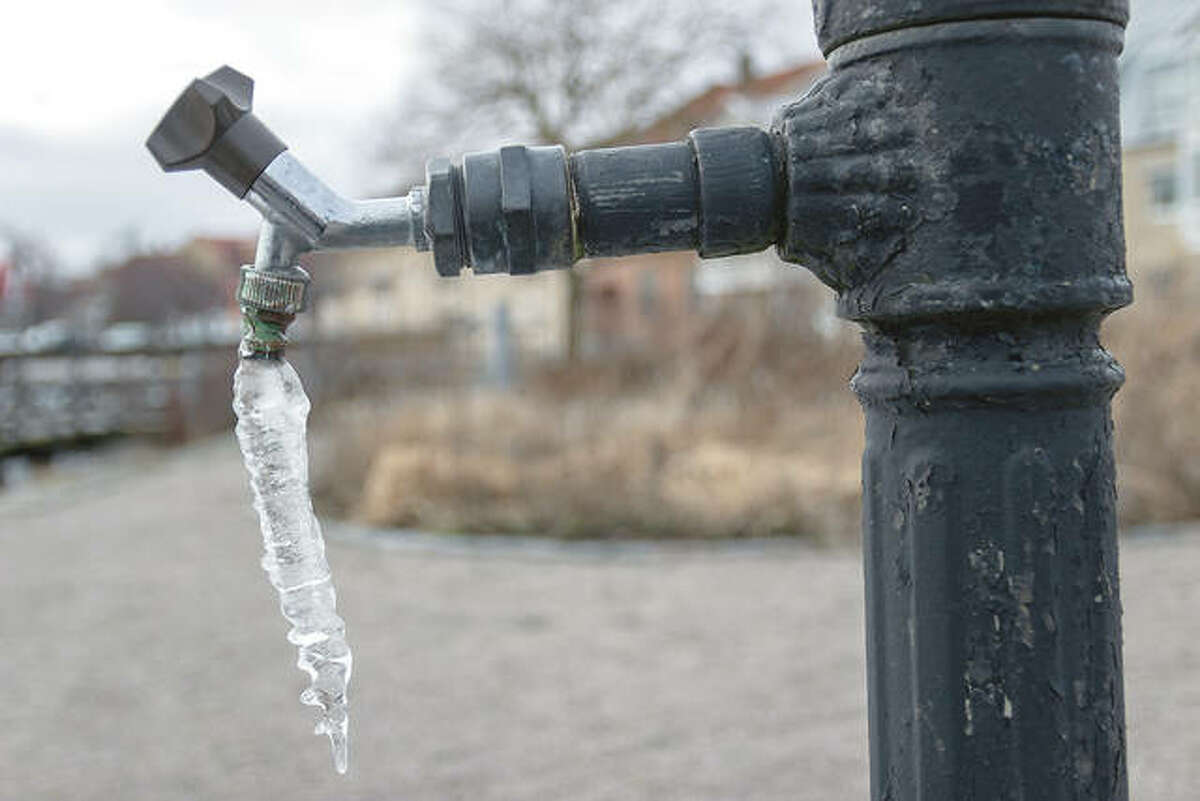Tips to Maintain Your Pipes from Freezing Issues: Crucial Guidance
Tips to Maintain Your Pipes from Freezing Issues: Crucial Guidance
Blog Article
What're your thoughts and feelings about Winter Plumbing Precautions: Preventing Frozen Pipes?

Cold weather can damage your plumbing, especially by freezing pipes. Right here's how to stop it from happening and what to do if it does.
Intro
As temperature levels decrease, the threat of icy pipes boosts, possibly leading to expensive fixings and water damages. Recognizing how to avoid icy pipelines is crucial for home owners in cold climates.
Prevention Tips
Protecting at risk pipelines
Wrap pipes in insulation sleeves or use warm tape to protect them from freezing temperature levels. Concentrate on pipes in unheated or exterior areas of the home.
Heating techniques
Maintain indoor areas properly warmed, especially areas with pipes. Open up cabinet doors to permit warm air to circulate around pipelines under sinks.
Just how to determine icy pipes
Search for reduced water flow from taps, unusual smells or sounds from pipes, and noticeable frost on exposed pipes.
Long-Term Solutions
Architectural modifications
Consider rerouting pipes away from exterior walls or unheated locations. Include additional insulation to attic rooms, cellars, and crawl spaces.
Updating insulation
Purchase top notch insulation for pipelines, attic rooms, and wall surfaces. Appropriate insulation assists preserve constant temperatures and decreases the risk of icy pipelines.
Shielding Outside Plumbing
Yard hose pipes and exterior faucets
Detach and drain pipes garden tubes before winter months. Install frost-proof faucets or cover exterior taps with insulated caps.
Understanding Icy Pipelines
What creates pipelines to freeze?
Pipes freeze when subjected to temperature levels listed below 32 ° F (0 ° C) for prolonged durations. As water inside the pipes ices up, it increases, taxing the pipeline wall surfaces and possibly causing them to burst.
Threats and damages
Icy pipes can lead to water system disruptions, building damages, and costly repairs. Ruptured pipes can flooding homes and cause comprehensive architectural damage.
Indicators of Frozen Water Lines
Identifying icy pipelines early can stop them from breaking.
What to Do If Your Pipelines Freeze
Immediate activities to take
If you think frozen pipes, keep taps open up to soothe pressure as the ice thaws. Utilize a hairdryer or towels soaked in hot water to thaw pipelines gradually.
Final thought
Stopping frozen pipelines needs proactive measures and fast reactions. By recognizing the causes, signs, and preventive measures, homeowners can protect their plumbing throughout cold weather.
6 Proven Ways to Prevent Frozen Pipes and Protect Your Home
Disconnect and Drain Garden Hoses
Before winter arrives, start by disconnecting your garden hoses and draining any remaining water. Close the shut-off valves that supply outdoor hose bibs and leave the outdoor faucet open to allow any residual water to drain. For extra protection, consider using faucet covers throughout the colder months. It’s also important to drain water from any sprinkler supply lines following the manufacturer’s directions.
Insulate Exposed Pipes
Insulating your pipes is an effective way to prevent freezing. Pipe insulation is readily available at home improvement stores and is relatively inexpensive. Pay close attention to pipes in unheated areas such as the attic, basement, crawl spaces, or garage. Apply foam insulation generously to create a buffer against the cold. You can also wrap your pipes in heat tape or thermostat-controlled heat cables for added warmth.
Seal Air Leaks
Inspect your home for any cracks or openings that could let in cold air. Seal any holes around the piping in interior or exterior walls, as well as the sill plates where your home rests on its foundation. Additionally, make sure to keep your garage door closed unless you’re entering or exiting. Leaving it open creates a significant air leak that can lead to frozen pipes.
Allow Warm Air Circulation
During cold snaps, it’s essential to allow warm air to circulate evenly throughout your home. Leave interior doors ajar to promote better airflow. Open kitchen and bathroom cabinets to help distribute heat consistently around the rooms. If you have small children or pets, be sure to remove any household chemicals or potentially harmful cleaners from open cabinets for safety.
Let Faucets Drip
A small trickle of water can make a big difference in preventing ice formation inside your pipes. When temperatures drop significantly, start a drip of water from all faucets served by exposed pipes. This continuous flow helps prevent the water from freezing. Additionally, running a few faucets slightly can relieve pressure inside the pipes, reducing the chances of a rupture if the water inside does freeze.
https://choateshvac.com/6-proven-ways-to-prevent-frozen-pipes-and-protect-your-home/

I am just very fascinated with Preventing and dealing with frozen pipes and I hope you enjoyed reading my post. Sharing is good. You never know, you may be doing someone a favor. I value your readership.
Contact Us Report this page